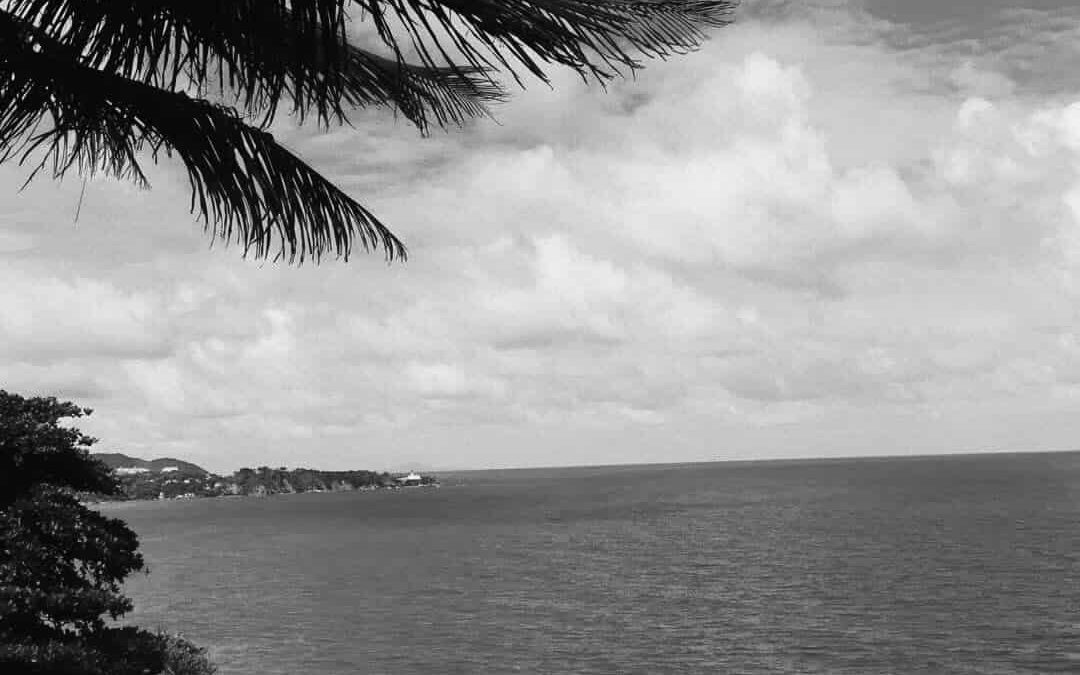MAX CURTIN
STAFF WRITER
Harvey. Irma. Jose. Maria. What are we supposed to do about them from Ohio?
We have all heard about the devastating hurricanes that have swept through our country on several different fronts over the past several weeks, wreaking havoc in regions including, but not limited to, Texas, Florida, Puerto Rico and the Virgin Islands. How are we supposed to make an impact in aiding those affect- ed from the destructive tropical storms? The first step we must make as a community is talking about it.
This past Thursday, leaders from Denison’s Alford Community Leadership and Involvement Center (CLIC) hosted a “Civic Action Circle” open to all students and faculty in the Red Frame Lab (Slayter 200) intended to jumpstart this discussion. Suzie Kalinoski, Associate Director of CLIC, and Trinidy Jeter ‘04, Assistant Director of CLIC, generously hosted this discussion and are eager to host more Civic Action Circles in the coming weeks to engage in candid yet crucial conversations on campus.
Denison alumnus, Allen Schwartz ‘70, was a primary contributor throughout the discussion and agreed that these Civic Action Circles have the potential to serve as “great vehicle[s] for facilitating discussion”. Schwartz stressed the importance for students to invest their time and credibility to raise awareness around these discussions and to “invest their intellectual courage to really dive deeply into the questions.”
As the discussion progressed, they shifted to address individual accountability. Although students have varying levels of involvement and connections to these hurricanes, every single one is capable of making a difference. Schwartz reminded the group that “any dollar, can of food or blanket raised or sent to hurricane victims contributes to the total.” Perhaps we can make a difference all the way from Ohio after all.
The consensus agreement reached at the discussion was, although Civic Action Circles will be crucial starting points for conversation on campus, it is going to take more to make any sort of substantial impact on campus. It is up to the student body at Denison to break away from the social norm of shying away from things that are too difficult or uncomfortable to talk about. Schwartz gave the following advice while considering his own time at Denison:
“I think to really make a contribution as liberal arts students, we need to take up these questions not only in the [Civic Action Circles], but also in the classroom. In my day at [Denison], we were mostly pretending on campus that the Vietnam war didn’t exist (as we now do with the Middle East wars). The students began to ask teachers to address issues about the war in [classes]: History, Economics, Psychology, Sociology, Literature and more. While sometimes contentious, I think it improved lives and increased education building capacity.”
Whether it comes through word of mouth, social media or group messaging, students are well-equipped with the tools to spread information. So what’s stopping us, then?
We can make a difference, and there is nothing standing in our way stopping us from doing just that. If we embrace these uncomfortable things and talk about them, we really can make a difference.

